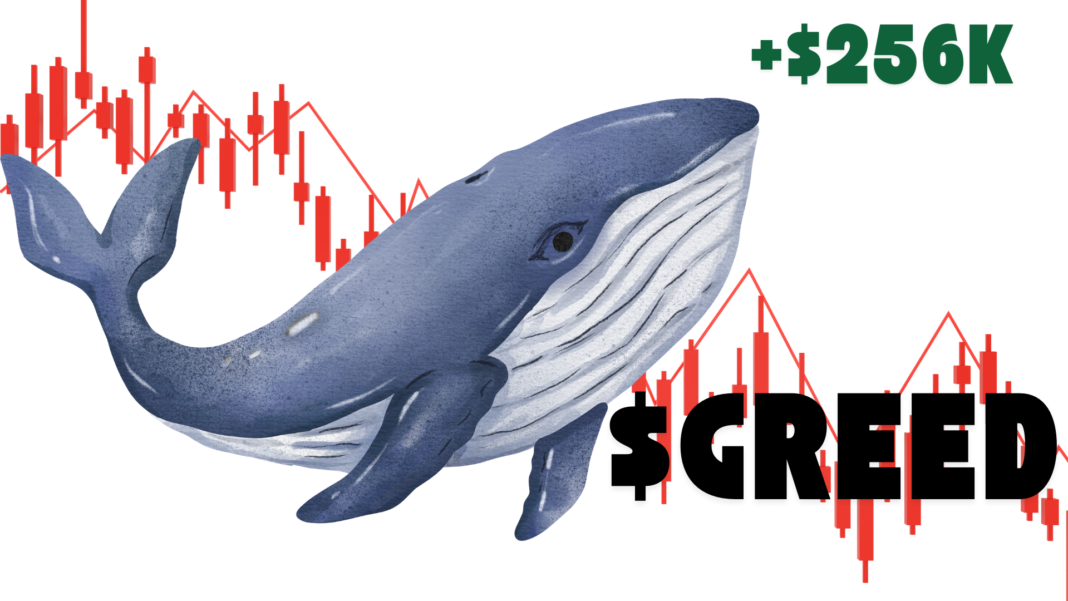Barstool Sports founder Dave Portnoy is facing intense scrutiny following his controversial handling of the cryptocurrency $GREED.
According to blockchain analytics platform Lookonchain, Portnoy purchased 357.92 million $GREED tokens, accounting for 35.79% of the total supply.
In a swift and decisive move, he liquidated his entire position, making a personal profit of approximately $256,000.
However, this triggered an immediate 99% collapse in the token’s price, wiping out nearly all of its market value.
The move has drawn heavy backlash from the crypto community, with accusations of market manipulation and ethical concerns surrounding the sale.
Market Fallout and Investor Losses Following Sudden Dump
Portnoy’s actions resemble a textbook “pump-and-dump” scheme, where a token gains artificial hype before a large sell-off crashes its value.
Investors who bought into $GREED were left with nearly worthless holdings as its price plummeted following Portnoy’s liquidation.
The crypto industry has long battled against such manipulative tactics, and this incident has reignited debates over transparency and accountability in the market.
The backlash has been widespread on social media, with many questioning the legitimacy of influencer-driven token projects and calling for stricter oversight to prevent similar incidents.
Also Read: Crypto Trader Who Made $2.9M Profit from $TRUMP Suffers $1.8 Million Loss on $CAR Trade
The Launch of $GREED2 Sparks Further Skepticism
Despite the controversy surrounding $GREED, Portnoy has already launched a second iteration of the token, called $GREED2.
Blockchain data reveals that he currently holds 268.25 million $GREED2 tokens, or 26.8% of the total supply.
While some investors see an opportunity to capitalize on another potential price surge, others remain wary, fearing a repeat of the original token’s dramatic collapse.
The rapid introduction of $GREED2 has intensified concerns about the broader risks of influencer-led crypto projects, where token founders can control large portions of supply, leading to high volatility and potential market manipulation.
Broader Implications for Crypto Trust and Market Integrity
The $GREED token collapse highlights growing concerns over influencer-driven cryptocurrency projects and their impact on investor trust.
The lack of regulatory oversight in the crypto industry has allowed high-profile individuals to create, promote, and sell large portions of tokens with little accountability.
The situation echoes other recent crypto scandals, such as the Central African Republic’s memecoin ($CAR), which skyrocketed to a $527 million valuation before crashing 88% in a single day amid legitimacy concerns.
Similarly, the collapse of the LIBRA memecoin has sparked legal troubles for Argentine President Javier Milei and forced Ben Chow to resign as co-founder of Meteora.
These incidents underline the urgent need for stronger regulation, increased transparency, and more responsible project leadership to protect investors from fraudulent or unethical practices in the crypto space.
Also Read: Crypto Lawyer Reveals $286 Million Lost By 74,000 Traders Amid LIBRA Token Collapse


